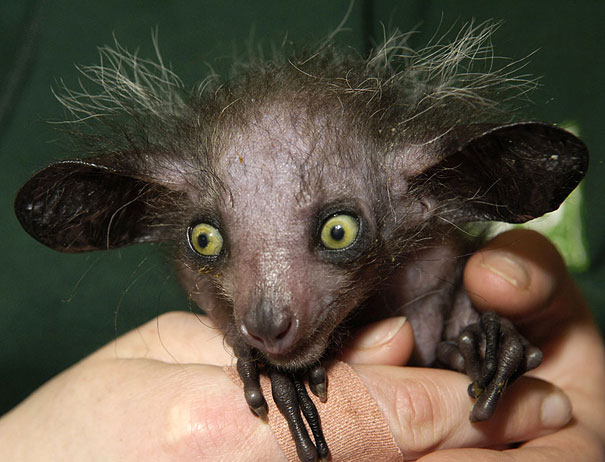What Darwin Never Knew… (Emmi Blk D)

An example of proof that DNA proves evolution is fossils. Fossils show the structure of organisms from thousands of years ago, and we use those to compare them to related organisms now. DNA plays a role in this because the organisms adapted to their environments, which is part of Darwin’s fitness theory. The discovery of DNA proves Darwin’s theory because of evolution by natural selection. Another theory that is evidence is microevolution, which is when the color or heritable habits develop over time to be more suited to their environment. An example of this is pesticide resistance. The insects which before could be killed by chemicals, developed in their DNA coding, a gene that can prevent the pesticides from killing off mass populations. Now, we view evolution as a way to see what organisms looked, behaved, and lived like thousands of years ago. In the future, we could view evolution as a way to develop and prepare for future organisms, and maybe even see what they will look like before they have evolved.











